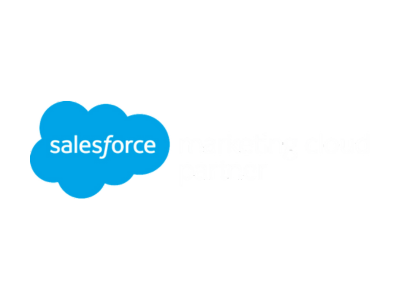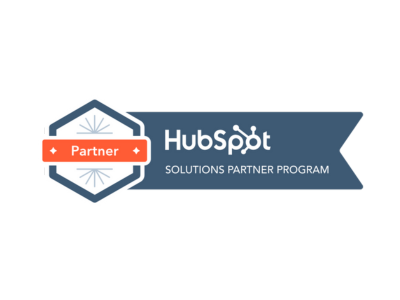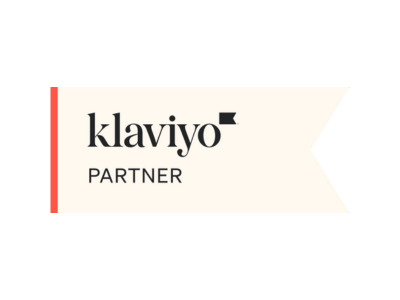CRM’s the largest software market in the world and has continued to grow exponentially since the Covid pandemic. It’s expected to reach more than $80 billion in revenues by 2025. One of the key factors behind this rapid growth is accessibility. Companies want access to customer data in real-time, with mobile and cloud solutions leading the way.
But it wasn’t all that long ago CRM software was originally aimed purely at managing Sales leads. So as the technology rapidly morphed into the sales, marketing and customer service software we now know it as, businesses have struggled to keep up.
Which isn’t a surprise. It’s a relatively young technology and established companies already had operating systems in place. Now they’re stuck with platforms that don’t have the capability they now need it for, or juggling huge MarTech stacks that can’t talk to each other and provide no one source of truth. It’s no wonder your Sales and Marketing teams feel like they’re working at odds with each other, is it? They have no visibility on what the other one is doing.
And once you reach a certain size, it’s no mean feat trying to upgrade or switch your Sales and Marketing software. Data migration is a huge investment of time and money that will affect the entire business as you move across. It’s an upheaval you really don’t want to take lightly.
That’s why it’s so important to get your CRM migration right. And we think there are a few things to bear in mind before you even start looking at new platforms.
However, this doesn’t mean you have to go all in and commit yourself to the most advanced package Salesforce has to offer on the assumption you’ll grow into a £1 billion business in a few years. But you will need to balance your current needs versus your future needs as you grow and find a platform that will grow with you.
Our advice is to start with the smallest package and upgrade as you move upwards. Plus, it’s easier to test features on an ad-hoc basis, than being locked into a long-term high-spec contract that you’re desperate to downgrade because you’re not using it.
One of the key teams at both these meetings needs to be the developers. Without them, you’ll have no idea what data you need and how quickly you can get it flowing once the new system is in place. They’ll also be able to give you an idea of the project scale and the timeframe on the migration process.
Once you’ve got an idea of the platform you want and what it needs to do, get everyone back in a room together again before signing any contract.Double Triple check this software is going to meet the entire company’s needs. Because once you’ve made the switch, you can’t go back.
But once the platform’s installed, you realise the system needs configuring and personalising to meet your requirements. And it turns out you don’t have the technical resource or knowledge internally to do this. That’s ok, though, the software company can provide you with all the help you need to get you going. Just at a very expensive hourly rate, of course.
Never sign on that dotted line until you’re confident you have someone who can deliver the project to the specification you need. Because yes, the software might be able to do all sorts of wonderful things, but you’ll need an expert to make the magic happen.
Not only that, but a CRM specialist will be able to think about the functionality across the entire business. They’ll see the bigger picture and will give you fresh ideas on the project. It’s easy to forget that you’re doing things in a certain way as a business because of the limitations of systems you’re using. But chances are, there’s a much more efficient process out there that you wouldn’t have considered without an experienced CRM specialist’s take on it.
We’re a specialist CRM agency, which means we live and breathe all things operational and technical in the CRM sphere for B2B and B2C businesses worldwide. Software migration is just one of the many CRM services we offer our partners, and we’ve successfully helped businesses choose and migrate to their new software provider.
Come say hello and find out how we can help your CRM migration today.
But it wasn’t all that long ago CRM software was originally aimed purely at managing Sales leads. So as the technology rapidly morphed into the sales, marketing and customer service software we now know it as, businesses have struggled to keep up.
Which isn’t a surprise. It’s a relatively young technology and established companies already had operating systems in place. Now they’re stuck with platforms that don’t have the capability they now need it for, or juggling huge MarTech stacks that can’t talk to each other and provide no one source of truth. It’s no wonder your Sales and Marketing teams feel like they’re working at odds with each other, is it? They have no visibility on what the other one is doing.
And once you reach a certain size, it’s no mean feat trying to upgrade or switch your Sales and Marketing software. Data migration is a huge investment of time and money that will affect the entire business as you move across. It’s an upheaval you really don’t want to take lightly.
That’s why it’s so important to get your CRM migration right. And we think there are a few things to bear in mind before you even start looking at new platforms.
Think about your company’s roadmap
There’s absolutely no sense in short-term problem solving when it comes to software migration. Particularly for start-ups and small businesses – if you know you’re going to grow and need additional firepower, then plan ahead. Because we can’t stress this enough; data migration is a huge job. The last thing your company needs during a period of growth is a lengthy migration process that will massively impact the business.However, this doesn’t mean you have to go all in and commit yourself to the most advanced package Salesforce has to offer on the assumption you’ll grow into a £1 billion business in a few years. But you will need to balance your current needs versus your future needs as you grow and find a platform that will grow with you.
Our advice is to start with the smallest package and upgrade as you move upwards. Plus, it’s easier to test features on an ad-hoc basis, than being locked into a long-term high-spec contract that you’re desperate to downgrade because you’re not using it.
Involve all departments
As we said, data migration affects the entire business. You just might not realise how many departments it’ll impact until you start talking to them. So get everyone in a room together and involve as many people as possible in the initial planning stages.One of the key teams at both these meetings needs to be the developers. Without them, you’ll have no idea what data you need and how quickly you can get it flowing once the new system is in place. They’ll also be able to give you an idea of the project scale and the timeframe on the migration process.
Once you’ve got an idea of the platform you want and what it needs to do, get everyone back in a room together again before signing any contract.
Speak to a CRM specialist
Here’s a familiar scenario. A sales agent runs through the full functionality of a CRM system in a platform demonstration and you come out mesmerised by the possibilities for your company. It can do everything you need and more. It’s a no brainer. You sign the contract.But once the platform’s installed, you realise the system needs configuring and personalising to meet your requirements. And it turns out you don’t have the technical resource or knowledge internally to do this. That’s ok, though, the software company can provide you with all the help you need to get you going. Just at a very expensive hourly rate, of course.
Never sign on that dotted line until you’re confident you have someone who can deliver the project to the specification you need. Because yes, the software might be able to do all sorts of wonderful things, but you’ll need an expert to make the magic happen.
Not only that, but a CRM specialist will be able to think about the functionality across the entire business. They’ll see the bigger picture and will give you fresh ideas on the project. It’s easy to forget that you’re doing things in a certain way as a business because of the limitations of systems you’re using. But chances are, there’s a much more efficient process out there that you wouldn’t have considered without an experienced CRM specialist’s take on it.
We’re a specialist CRM agency, which means we live and breathe all things operational and technical in the CRM sphere for B2B and B2C businesses worldwide. Software migration is just one of the many CRM services we offer our partners, and we’ve successfully helped businesses choose and migrate to their new software provider.
Come say hello and find out how we can help your CRM migration today.













